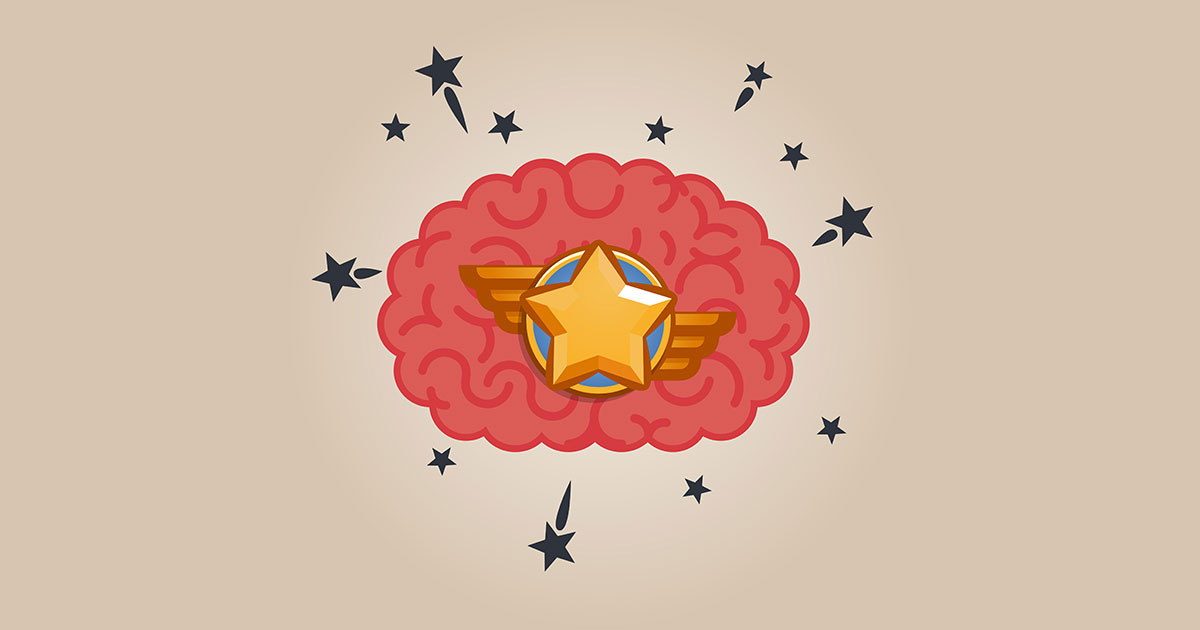Like anyone, we enjoy rewards. Whether it’s a strong internal drive or desire for something tangible you can hold in your hands, incentives can motivate our actions and behaviors. Think back to living at home with your family. It’s likely, as a child, you enjoyed praise or small gestures of kindness for good behavior, such as bringing home a stellar report card or cleaning your room without being told. Our brain enjoys positive social interactions and attention and releases dopamine in response. As a result, we are motivated to seek out ways to get these types of rewards and dopamine release.
Addiction and the Brain Reward System
Interestingly, drug addiction skews the dopamine reward system. Addictive substances such as cocaine or opioids, create a rush of dopamine and according to Yale Medicine’s article “How an Addicted Brain Works”, this flooding of dopamine can be “10 times more than a natural reward”, such as eating when hungry or receiving a compliment. The simple and everyday rewards just can’t compete with the dopamine surge from addictive substances.
The brain remembers this pleasure response and seeks the next experience. With chronic use, brain circuitry adapts and requires more of the addictive substance to achieve the same pleasurable sensation, or high. This becomes a vicious cycle as tolerance builds and the addicted person requires more and more to achieve the same effect.
With climbing drug use and overdose deaths in the U.S., we need better solutions, interventions, and treatment methods for addiction. One of the strategies gaining attention and has shown great success are Reward Programs. Grounded in neuroscience, reward programs can help rewire the brain’s reward system and help people enjoy the simple joys of everyday life.
Rewards as an Effective Treatment for Addiction
Fighting addiction is challenging work. With a reward program in combination with traditional treatment modalities, recovery can be fun and create intrinsic motivations. Associate professor of medicine at UConn Health, Carla Rash says, rewards “provide a little bit of recognition for people’s efforts.”
Reward programs can be high tech or analog activities. From pulling prize slips from a bowl to gift cards to smartphone apps, prizes can help build good feelings and create new positive pathways in the brain. For instance, Carla K. Johnson writes about a man Harold Lewis in the AP News article “Candy, cash, gifts: How rewards help recovery from addiction”. Lewis, who struggled with drug and alcohol addiction for forty years, found prizes, meetings, and a 12-week treatment program brought greater motivation. The prize drawings were large and small, and included items like sunglasses, winter gloves and hats, and gift cards.
Incentive programs like this can light up the same areas of the brain as addictive substances. And although people like Lewis never expected prizes as part of their recovery, he thinks of it as something “extra” to look forward to each day.
Support of these types of incentive programs is growing. Right here in California, the state is launching a new pilot reward program. The program will reward those who pass drug tests for stimulants. Similar programs are popping up around the country.
New Strategies for Addiction Recovery
Addiction recovery is hard work involving physical, mental, and emotional strength. There are obstacles and men and women facing addiction must learn how to overcome these challenges. This complexity can make quitting feel difficult.
With continued research, we continue learning more about addiction and evidence-based models for effective treatment. Tailored treatment programs can go a long way in helping people achieve sobriety and can take the form of residential programs, intensive outpatient treatment, day programs, sober living homes, outpatient therapy. And although addiction is a serious condition, it’s important to incorporate fun during treatment.
Rediscover a Life of Joy at Pura Vida
Our drug and alcohol rehabilitation program in Santa Rosa, CA sees men and women and tailors an evidence based treatment program to suit their needs. Along the way, we help people rediscover joy in their lives without the use of drugs and/or alcohol. Through group events such as wake boarding, rock climbing, and hiking, we help individuals relearn recreation skills in a safe environment. To learn more, contact Pura Vida.





